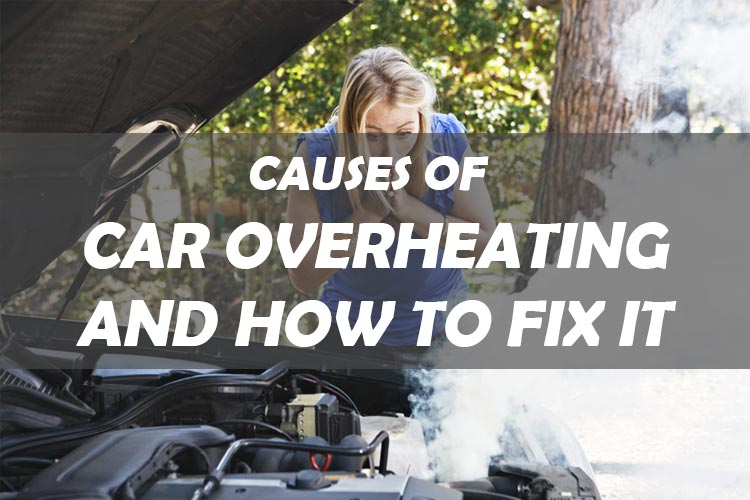Heat is the greatest enemy of a car engine, and as a driver, no one would like to see steam getting out of the bonnet.
For instance, imagine a situation where the warning bells of your car are buzzing, and steam is spewing out of your car hood!
What will you do then? If you bring your vehicle to the service center, then it will cost you huge; on the other hand, if you don’t take immediate action it will make your whole car engine stalled.
To overcome any undesirable situation like this, you need to have a broad perspective about what causes car overheating and how to deal with it.
Well, let’s move on then and look into the factors of car engine overheating at first place.
Contents (Jump to Topic)
Causes of Car Overheating
When it comes to car overheating causes, then there are plenty of reasons.
Critical issues that can cause a fatal problem and lead to severe breakdown due to engine overheating are mentioned below. Have a look at them!
1. Radiator Issues
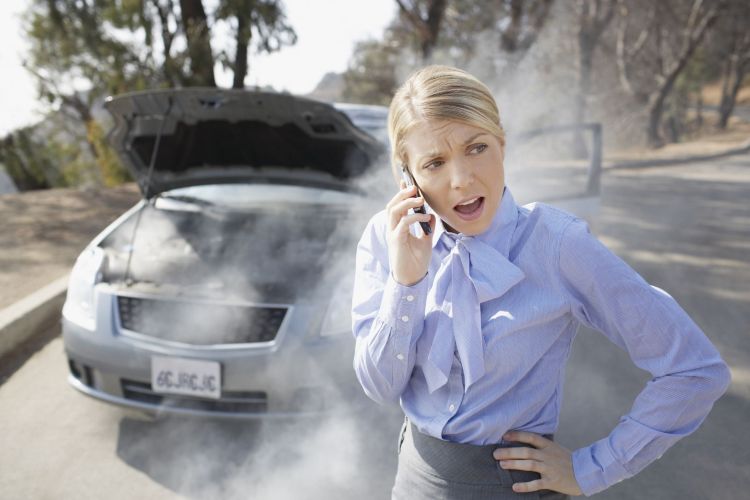
Image Credit: tqn
Two standard radiator imperfections can result in overheating of the car engine.
Generally, problems lie in the radiator fan. A radiator fan blows cool air over the radiator to aid it to control the rising temperature of the coolant.
But if it is loose, has broken covers or twists freely, it can’t work properly leading to rise in the temperature of the coolant and car overheating while idling.
However, if the radiator fan is okay and yet you confront overheating issue, then the overheating may be caused by the radiator itself. Issues like broken lines, leaks, and clogs can lead to overheating of the engine.
Also Read: 10 Easy Steps for Cleaning Car Engine
2. Complications with cooling system
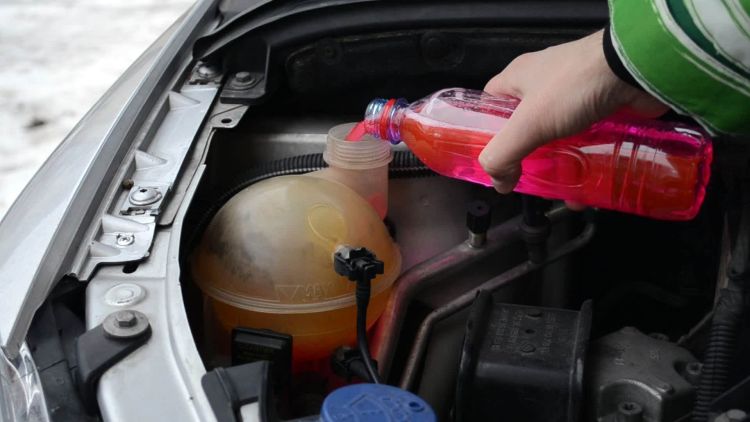
Image Credit: youtube
Vehicle’s cooling framework mechanism may get clogged or blocked by the dirt, dust or sediment.
It stops the cooling framework to carry out its activity correctly, and in this way causing the car overheat.
This is the reason consistent liquid flushing, and replacements are necessary.
Another primary reason for an overheating auto motor is leaked coolant storage. If your car engine is overheating, but coolant is full, then make sure that you use an even water-to-coolant ratio that entangles with the engine properly.
3. Issue with thermostat
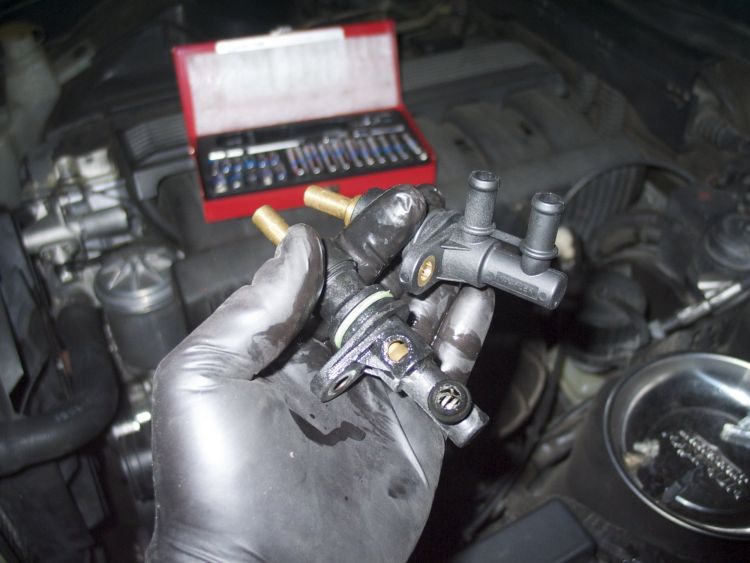
Image Credit: instructables
One of the most common reasons for car overheating while driving is a broken or stuck thermostat.
It may stick in a closed position or may get fixed at a particular location, blocking the coolant to the engine. If this is the case, then check the radiator hose for proper diagnosis.
For testing, start the engine and check whether the thermostat is getting hot; if it is getting hot, then there is an issue with the thermostat.
4. Torn Serpentine or drive system belt
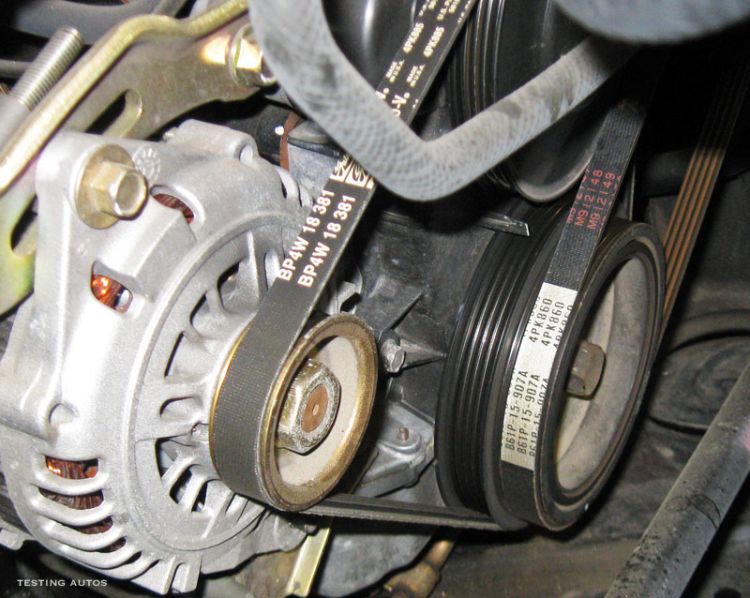
Image Credit: testingautos
If you ask any car expert what causes car overheating, then torn serpentine or drive belt will be the common answer that you will get.
These straps are made out of rubber and thus may tear apart easily. If they are broken then, neither your engine can work adequately nor can the water pump supply water to the engine.
This will lead to a rise in engine temperature and squeaky sound.
5. Problem with water pump
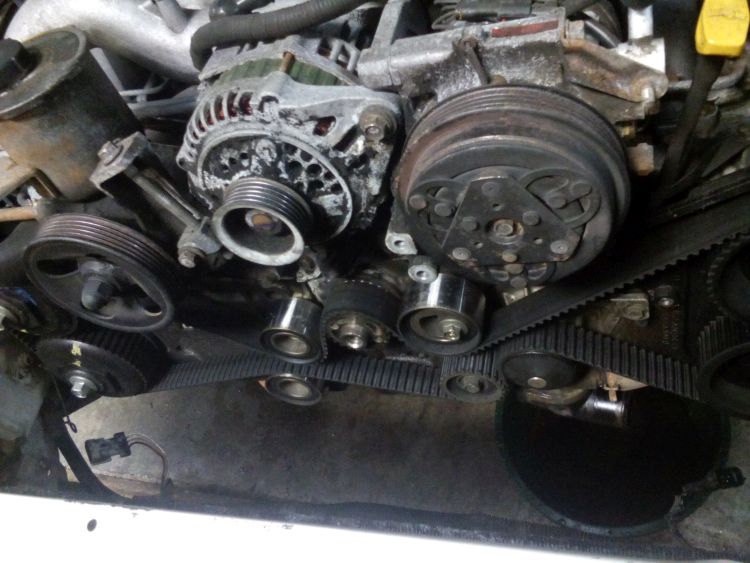
Image Credit: columbiaautoworks
The water pump of a car engine is known as the “heart” because it pumps coolant to the engine from storage like a heart that pumps blood.
The water pump of a vehicle creates vacuum pressure and moves coolant through the cooling framework.
Thus it actually plays a significant role when it comes to controlling the temperature of the engine.
If anything goes wrong, then it won’t be possible for coolant to reach to the engine, which leads to a rise in engine temperature.
6. Cooling fan problem
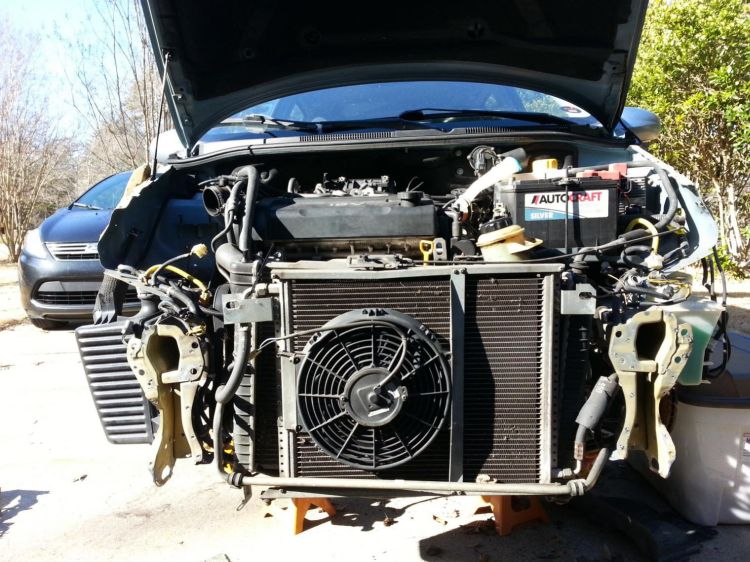
Image Credit: aveoforum
There are two sorts of fans present in a car, one is electric, and another one is mechanical. The electric fan works naturally once the vehicle achieves working temperature or when the A/C is turned on.
The mechanical fan will run continuously, however, a clutch influences it to run quickly when the motor warms up.
If the fan moves freely even after the engine is turned off, then be sure that problem of overheating lies there.
7. Lack of oil
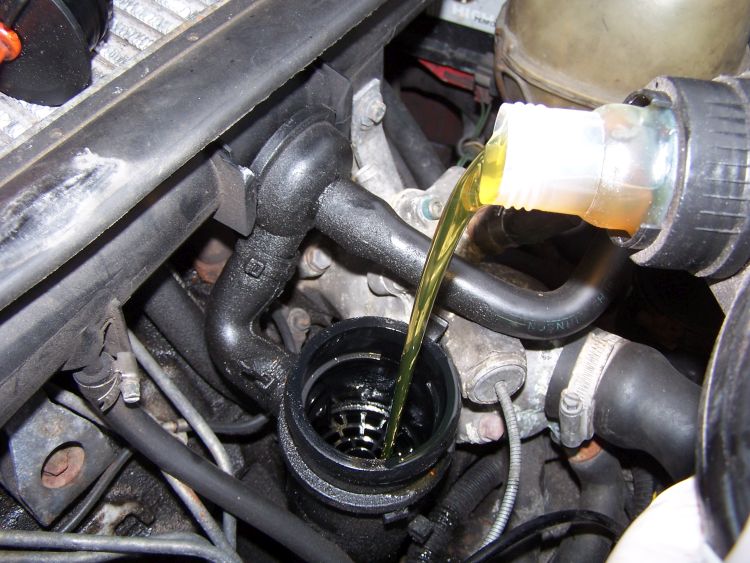
Image Credit: autointhebox
If you are facing overheating car symptoms, then engine oil may be one of the reasons. If your vehicle is showing low oil indicator and you decide to keep driving the car ignoring the alarm, then stop!
It may cause severe damage to your car engine and overheat too.
8. Worn out hoses
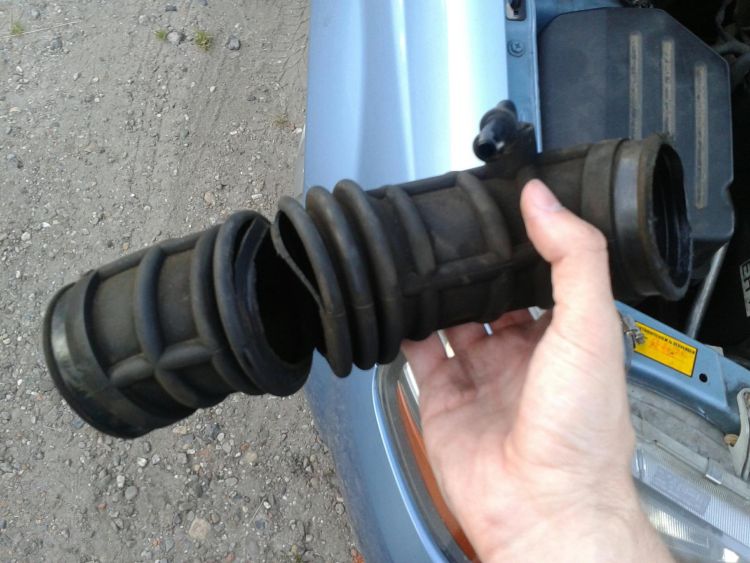
Image Credit: aveoforum
Like belts, hoses are necessary for keeping your vehicle engine cool. Clogged hoses are one of the significant issues that cause car overheating when AC is on.
If the tubes have cracks or clogged, then the hot air won’t get out of the car and eventually it will overheat the engine of your vehicle.
Also Read: How to Remove Car Window Tinting
Fixes for car overheating
Well, now you are aware of what causes car overheating but are you looking for fixes! Keep on reading them.
1. Turn the car engine off
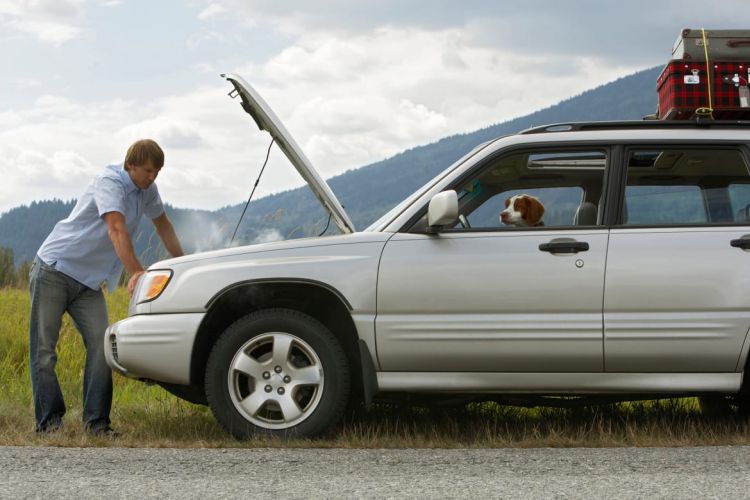
Image Credit: Cars
When you drive your vehicle for a long time at a stretch, then car overheating may take place while driving. It is good practice to turn the engine off if smog or steam comes out and park your car as soon as possible. Open the hood to allow cool breeze to reduce the heat of your engine.
2. Avoid using AC during high traffic
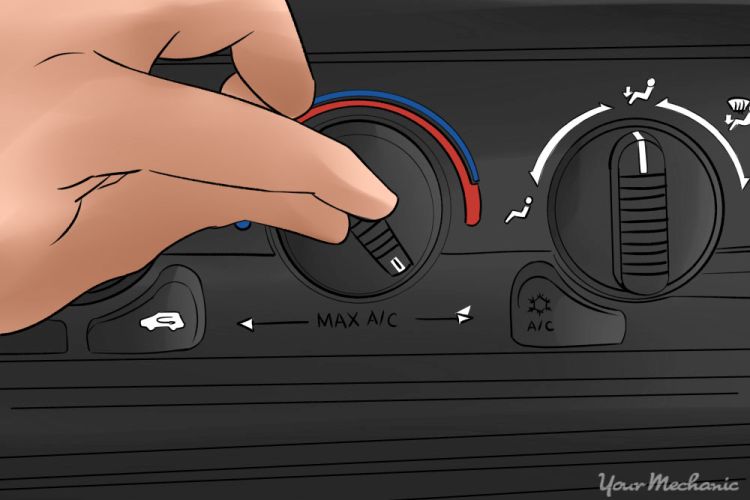
Image Credit: YourMechanic
It is bliss to have cold air during rush hours, when traffic is the highest, but not ideal for the car. Car overheating when AC is on is a regular phenomenon in such cases because the excess heat produced by the AC unit heats up the engine.
3. Don’t take the radiator cap off
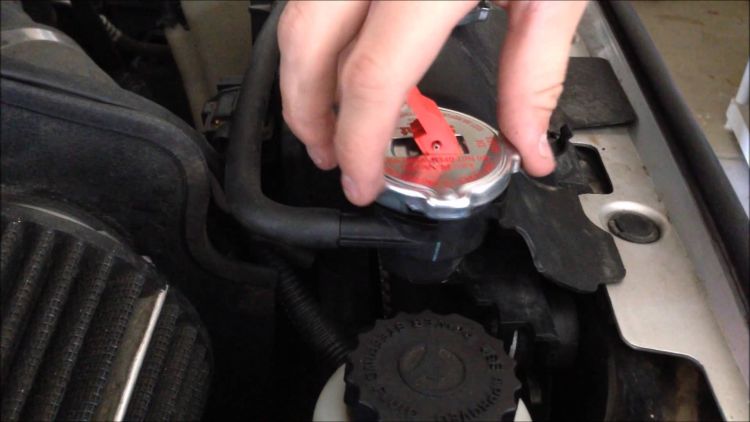
Image Credit: youtube
The radiator cap is essential for the car’s cooling system because it works under high pressure. If you take this cap off the radiator, then the whole radiator can blow up and overheat your engine.
4. Refill coolant
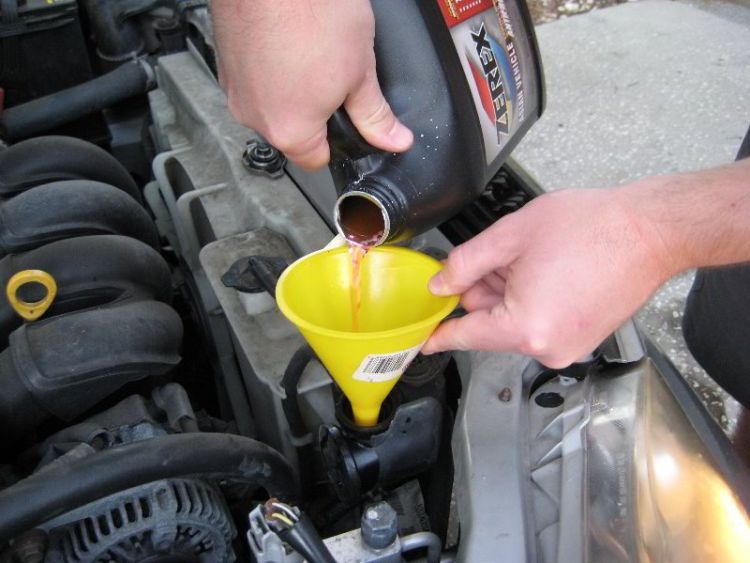
Image Credit: paulstravelpictures
Coolant is an essential element that keeps the car engine under safe zone. Thus if there is lack of coolant, then top it up with the proper one. If your car’s engine is overheating, but coolant is full, then it’s time to visit the service center.
5. Check for Hoses
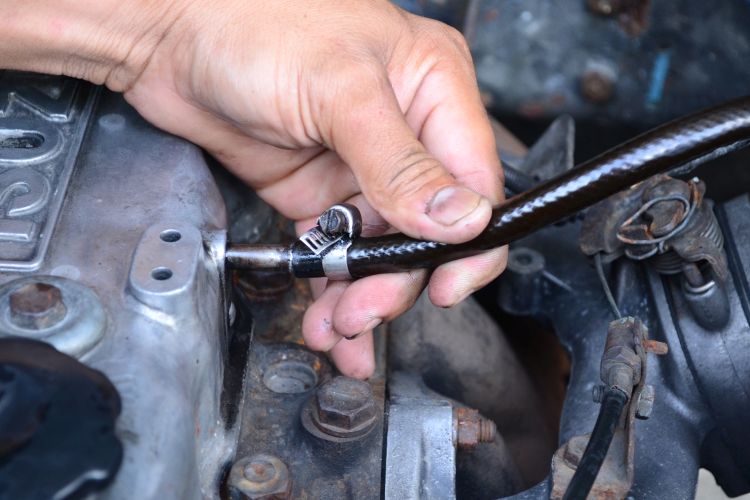
Image Credit: wikihow
Worn out hoses is a major reason that acts as a car overheating causes because it helps to excrete the excess heat from the engine bay. Thus if you see any overheating issue, then check the condition of hoses and make sure they are intact.
6. Change broken belts
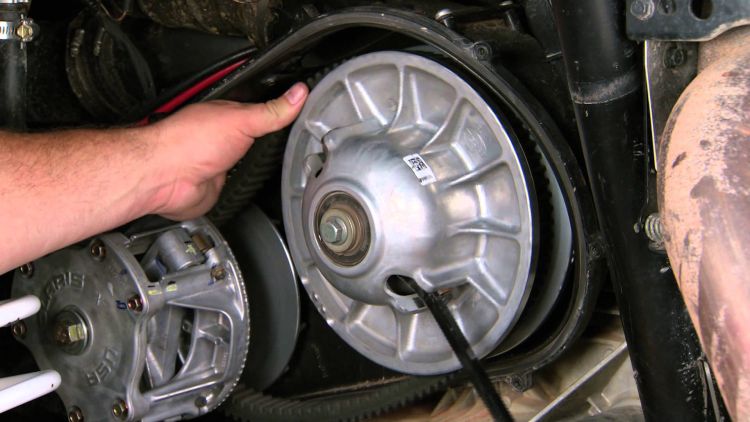
Image Credit: youtube
Overheating car symptoms may arise due to broken belts. Thus check the status of the serpentine belts, and if it’s not in good shape, change it as soon as possible. It will undoubtedly help you to avoid overheating issues.
7. Judge the condition of radiator
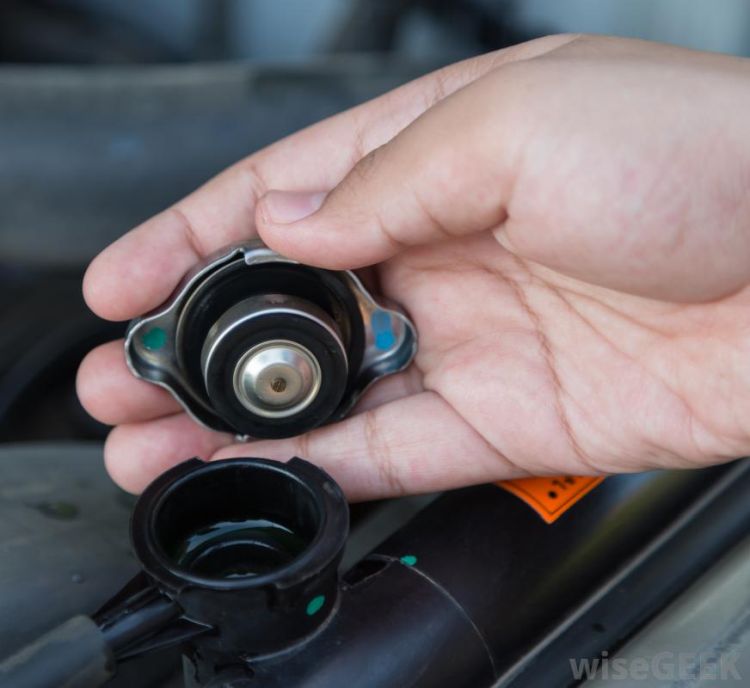
Image Credit: wisegeek
If you are facing excess heating issue with your car, the radiator may be the source of this problem. For initial checkup, look for any leakage, crack or hole; if there is anything like this, then it may cause overheating.
Also Read: 25 Car Cleaning Hacks to keep your Car Spotless
8. Let the car engine cool down
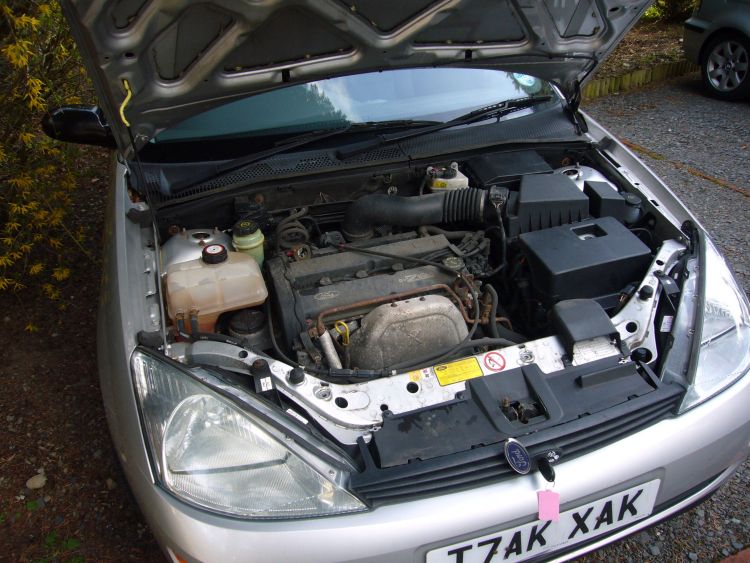
Image Credit: stockarch
If you face car overheating while idling; it is a good idea to cool the motor down and then garage it. For instance, you can open the hood and let the engine cool down.
Cars are good to have, but they too can cause severe tantrums if proper care is not taken. Above information is meant to help you to understand what causes car overheating and how to deal with it like a pro.
If you have any more suggestions in this regard, then do share your valuable tips in the comments section below.

